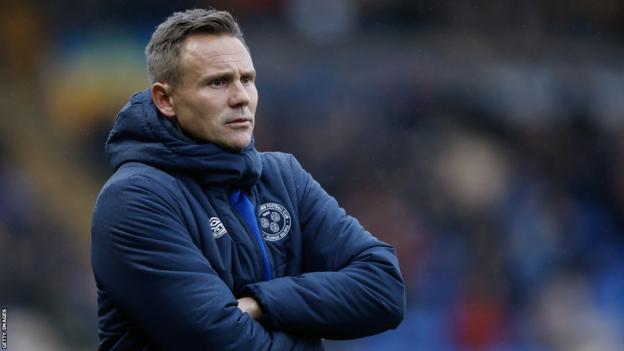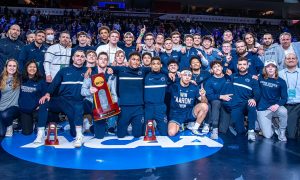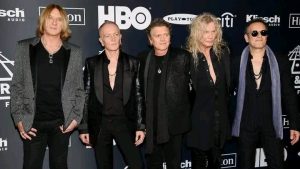

The center of the Knicks‘ offseason plans is the complicated future of forward Julius Randle. On one hand, the talented forward made his third All-Star appearance in the last four seasons and helped power New York to one of the best months in franchise history during a 12-2 January. On the other, he suffered an injury at the end of January and didn’t play a single second the rest of the season as New York pushed Indiana to seven games in the conference semifinals.
As the New York Post’s Stefan Bondy writes, it isn’t impossible to come up with a theoretical trade package in the Knicks’ well-publicized pursuit of another star that precludes Randle. However, both Bondy and The Athletic’s Fred Katz write that including Randle in such talks could be New York’s best way to acquire star power.
/cdn.vox-cdn.com/uploads/chorus_asset/file/25075984/1742216110.jpg)
The Knicks aren’t trying to trade Randle, at least not yet, according to Katz. However, his eligibility for an extension (which begins Aug. 3) complicates factors. If the Knicks decide to go the route of maintaining continuity, Randle can sign for as much as $181.5MM across four years. Thankfully for the Knicks, Randle’s extension eligibility beginning in early August works in their favor, Katz eplains. That’s because August is late enough in the offseason to recognize the team’s potential (or lack thereof) to acquire another star in 2024, but it’s also early enough to keep him available by the time the Feb. 2025 trade deadline rolls around, as players are ineligible to be traded for six months after extension.

With an expensive roster on the horizon, the Knicks have soul searching to do this offseason, Katz writes. If they feel they’re contenders in August, they’ll likely lock everyone up.
After seven straight seasons of failing to reach 40 wins from 2013-20, the Knicks are a respectable and strong team in the East’s hierarchy. Howard Beck of The Ringer takes a look back at how Rose helped morph the Knicks into what they are today and how it began with failing to trade for





